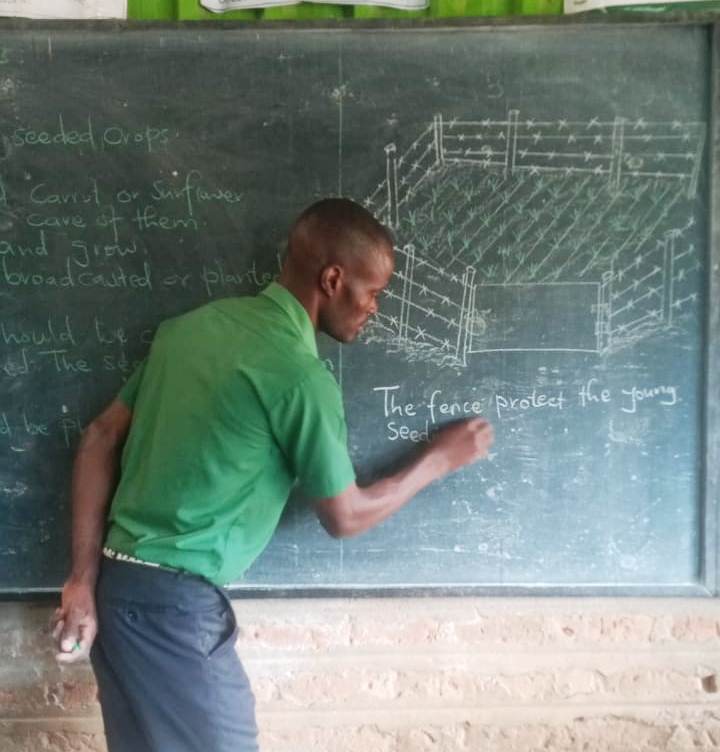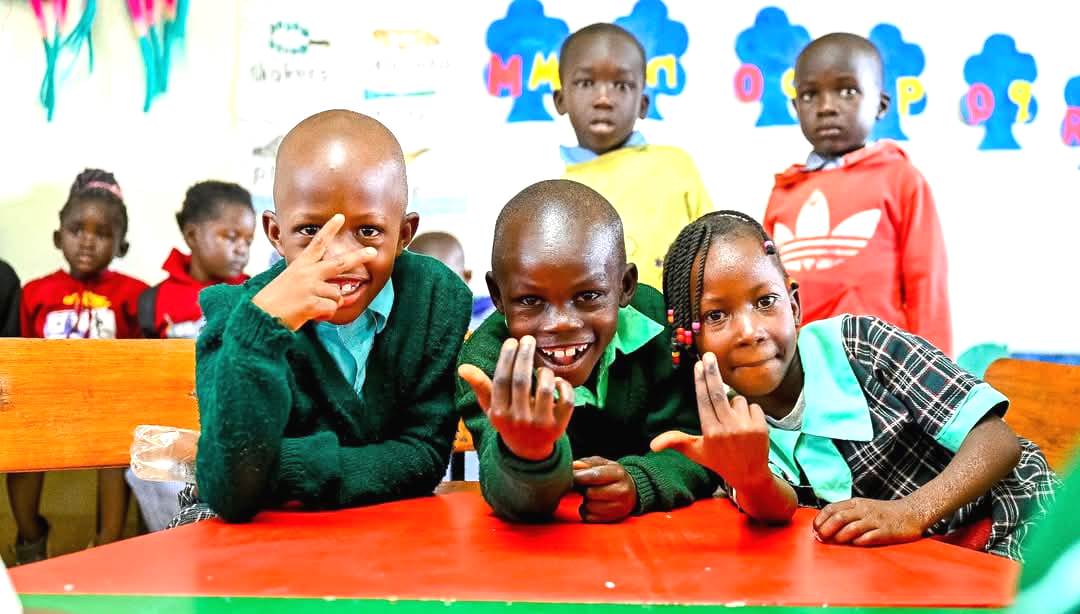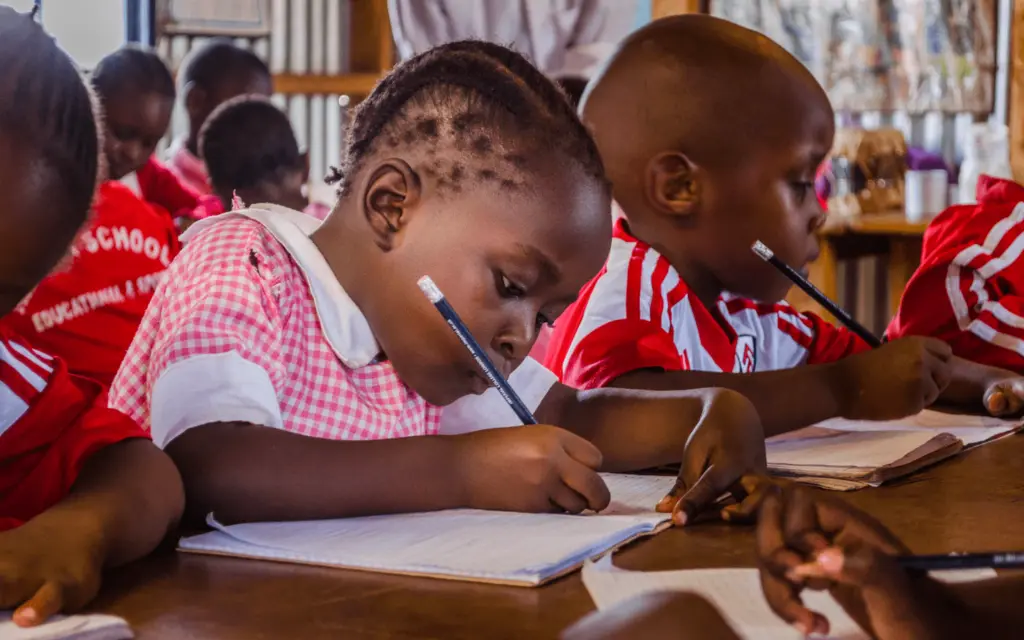I choose to abut my argument on meta-analysis, a good idea in Teach with Your Strength by Rosanne Liesveld and Jo Ann Miller. In that page-turner, the putative authors introduce ravenous readers like the weaver of these wise words to meta-analysis, which is the Mathematical and Statistical study of combined results of several studies.
Academic articles I write, are anchored on my wide interaction with secondary schools at all levels; national, extra-county, county and sub-county. They also spill to a few top private schools I have been chanced to visit as a peripatetic speaker.
In this treatise, permit me to contend: Secondary schools that register peak performance in KCSE know that data does not peddle a lie. Therefore, the staff sits, analyses data with clock-like precision, which informs the critical academic decisions made by the powers-that-be in the institution. Ideally, academic teams should collect and collate data in the candidate class, which should be analysed meticulously in order to ascertain the academic standing and direction of the class.
In addition, the data can also be used to rate the success of the academic programmes put in place. Therefore, the data informs new instructional approaches and relevant episodes. It also aids the Form Four dream team to identify chinks and crevices manifesting in the candidate class. Getting down to the brass tacks of this piece, these are some of the data schools should analyse to inform their decision-making patterns: Syllabus coverage, exam data, motivation level, KNEC reports and review meetings.
- Syllabus Coverage
By and large, the top guns and quality assurance in schools should never forget: Sometimes, people do not do what you expect. Instead, they do what you inspect. This supports the essence of strict supervision and surveillance of what is going on in the institution. Decisions on proper syllabus coverage should abut on the following areas: lesson-attendance book, students’ notes, exam performance, evaluation level and remedial requests.
- Exam Data
Ostensibly, it is utterly wrong to serve shedloads of exams just for formality purposes. In Best Academic Practices, once Form Four candidates have sat for serious exams, it should be marked, then analysed in an in-depth manner. The analytical team should focus on: Class and subject means, deviations (positive or negative) from previous exams, strengths and weaknesses of candidates, gaps identified, demonstration of skills tested, and grade distribution in terms of the head, body and bottom.
YOU MAY ALSO READ:
Employ elaborate measures to curb cheating in exams, govt told
- Motivation Level
Serious schools monitor levels of morale and motivation in students and teachers. This is because levels of morale and motivation are like fuel in Teaching and Learning Process (TLP). It is therefore imperative that the school arrowheads dig deep to ascertain the willingness of students and teachers to go the extra mile. Observation of the body language is of essence. It is important to respond to grievances raised here and there.
- KNEC Reports
Every year, KNEC churns out reports per subject to inform schools pertaining Best Academic Practices of preparing the subsequent candidate class for KCSE. It behooves the subject teachers to read the reports and implement the recommendations raised by various pundits. It is important to focus on raft of reasons that caused poor performance the previous year, and come up with possible solutions.
- Review Meetings
Periodic review meetings should be encouraged, for this in turn informs decision-making. It is right to review the programmes implementation levels. It is advisable to check the need for instructional changes and satisfaction levels.
© Victor Ochieng’
The writer rolls out academic talks. vochieng.90@gmail.com
You can also follow our social media pages on Twitter: Education News KE and Facebook: Education News Newspaper for timely updates.
>>> Click here to stay up-to-date with trending regional stories
>>> Click here to read more informed opinions on the country’s education landscape






